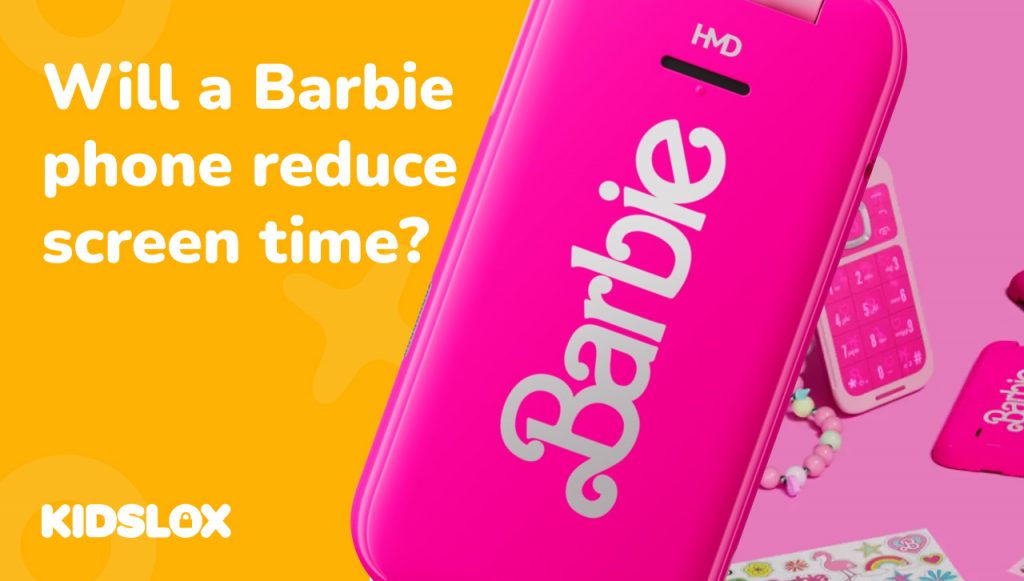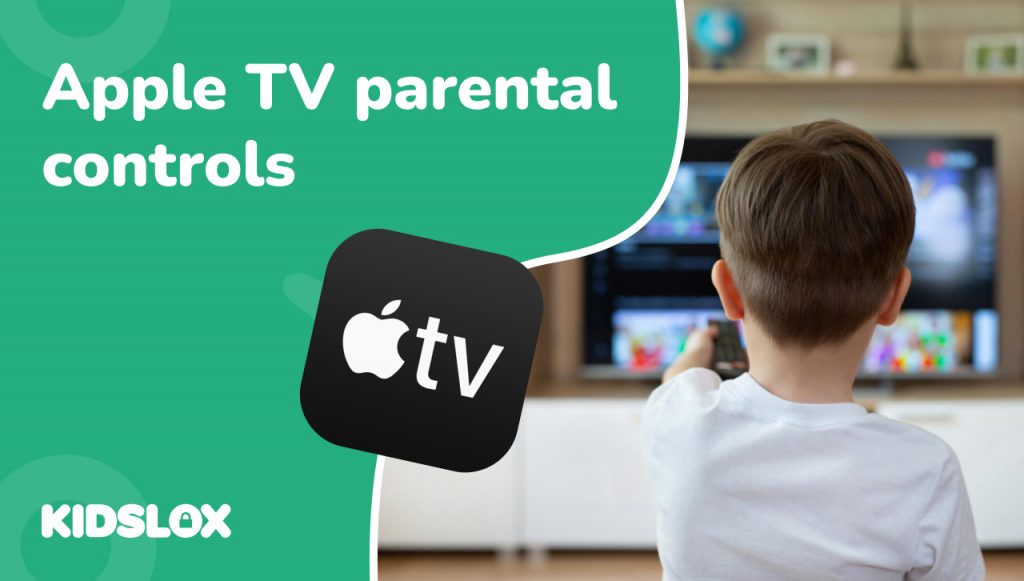Are So-Called ‘Dumb Phones’ Worth the Hype?
Debate is raging over the launch of the ‘Barbie phone’. Is a simple, functional phone (aka, a ‘dumb phone’) the answer to protecting kids from the many drawbacks of the internet and social media age?
With many parents looking for alternatives that strike a balance between fun and functionality without the overwhelming features of a smartphone, the hype around the Barbie Phone comes at an interesting time.
What is a Barbie Phone?
The launch of the new Barbie flip phone 2024 has caused a stir online with its retro appeal and tactile, interactive flip design, reminiscent of the early 2000s mobile phones that many parents grew up with. It offers the nostalgic game, ‘Snake’, simple SMS messaging and calling functionality.
Designed to help give young people a break from their phones, Barbie phones can’t access the internet, social media or modern apps, providing a back to basics experience for users.
The decision to buy a Barbie phone toy often comes down to balancing fun and safety. Here are a few reasons why you might consider getting one for your child:
- Limits Screen Time and Exposure: Unlike a smartphone, a Barbie phone does not have internet access or social media apps. This limits screen time and protects children from the potential dangers of the internet, such as inappropriate content or cyberbullying.
- Affordability: At around $100, Barbie phones are generally more affordable than full-fledged smartphones, making them an economical choice for parents who want to give their kids a phone without a hefty price tag.
- Safety: Kids can still use basic SMS and phone calling to get in touch with parents and guardians when needed, providing a sense of security and peace of mind.
- School policies: Many schools are adopting stricter smartphone policies, meaning that a ‘dumb’ phone would provide none of the distractions associated with modern devices.
Are ‘Dumb Phones’ Like the Barbie Phone Worth the Hype?
‘Dumb phones,’ or basic mobile phones with limited functionality, have been touted as a great alternative for kids and even adults looking to disconnect. But are they really worth the hype? Let’s explore some more of the pros and cons:
Pros of ‘Dumb Phones’:
- Reduced Distractions: Without apps, internet access, or social media, ‘dumb phones’ like the Barbie phone limit distractions. This can help children focus more on schoolwork or family time instead of being glued to a screen.
- Enhanced Security and Privacy: With no access to the internet or social media, there’s less risk of exposure to inappropriate content or online predators. It also eliminates concerns about data privacy and cyberbullying.
- Encourages Active Play and Social Interaction: A simple phone encourages children to engage in real-world activities rather than passive scrolling or video watching. It fosters creativity and social interaction, which is essential for child development.
- Builds Responsibility: Owning a basic phone can help children learn responsibility and care for their belongings without the worry of breaking an expensive smartphone.
Cons of ‘Dumb Phones’:
- Limited Functionality: While the limited functionality of ‘dumb phones’ is a benefit in terms of security and focus, it can also be a downside for children who are looking for more interactive features or educational apps.
- Can Become Quickly Outdated: Technology advances rapidly, and what’s novel today can become obsolete tomorrow. Children might quickly lose interest in a basic phone once they see peers with more advanced devices.
- Basic Communication Features Only: Barbie phones offer basic calling and texting capabilities, but they lack the more advanced features of smartphones. For older children who might need these features for school or social activities, a Barbie phone may not suffice.
- They’re Not Representative of Tech Reality: While a Barbie Phone might make a good option for school with less distractions, dumb phones aren’t representative of modern day tech. The realities of everyday life and the integration of digital apps with shopping, travel and more means that users miss out on many of the advantages of smartphones.
- They Don’t Offer The Opportunity for Digital Literacy Skills to Develop: The basic functionality of a Dumb or Barbie phone means that kids won’t learn the myriad skills needed to keep up with the rapidly evolving technological landscape around us.
What to Consider Before Buying a Barbie Phone
If you’re contemplating buying a Barbie phone for your child, here are a few things to consider:
- Age Appropriateness: The Barbie phone is best suited for younger children, typically aged 6-10, who need a way to communicate with parents but aren’t ready for the full experience of a smartphone.
- Purpose of the Phone: If the goal is to provide a simple phone that encourages safe communication, then a Barbie phone is ideal. However, if you’re looking for a device that offers educational apps or more interactive features, you may want to explore other options.
Whether or not a Barbie phone is the right choice for your child depends on what you’re looking for. If you want a simple, real phone that encourages safe communication and limits screen time, then the Barbie phone could make an excellent choice. However, if your child is older or looking for more advanced features, you might need to consider other options.
In all of this, we must remember that our world is becoming increasingly more digitally connected and avoiding smartphones completely is fast becoming an impossible choice. As your child grows, and when you feel they are ready, teaching them the fundamentals of digital literacy and responsible digital citizenship are life skills they will need regardless of what type of phone you buy them now.
As always, the key is to consider your child’s specific needs and interests to make the best decision for your family.





